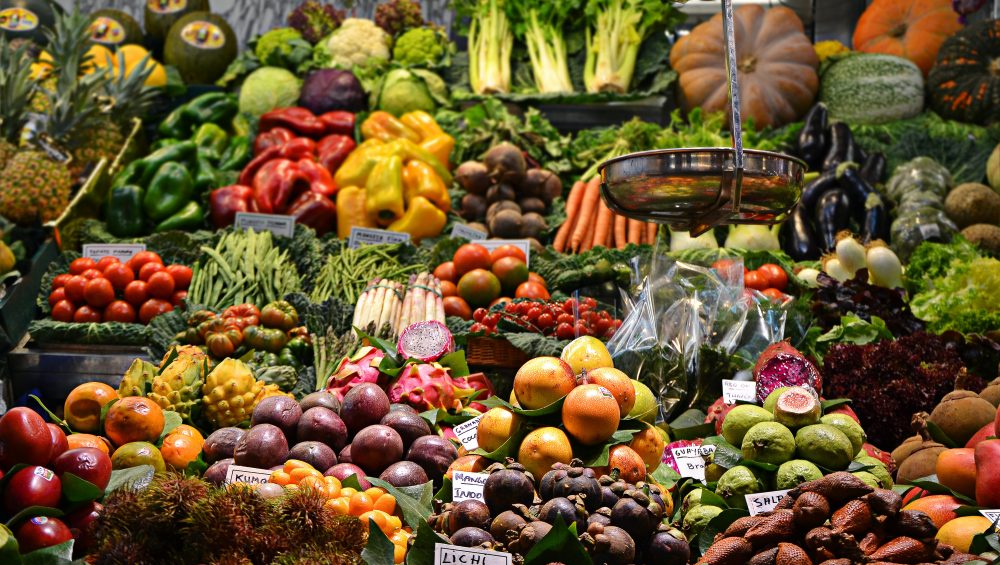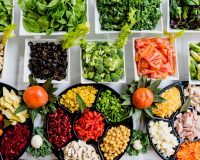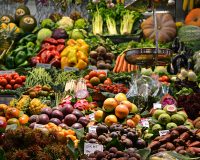In today’s fast-paced world, ensuring our children receive the best nutrition is more important than ever. As parents, guardians, or caregivers, we play a crucial role in shaping their growth and development. One way to provide them with a healthy foundation is by feeding them organic food. In this blog post, we will explore the numerous advantages of incorporating organic food into your child’s diet.
What is Organic Food?
Organic food is produced using farming practices that avoid synthetic pesticides, fertilizers, genetically modified organisms (GMOs), and antibiotics. Instead, organic farming relies on natural and sustainable methods to cultivate crops and raise livestock. This commitment to natural processes has several benefits for children’s health and well-being.
1. Reduced Exposure to Harmful Chemicals
One of the primary reasons parents opt for organic food for their children is to minimize their exposure to harmful chemicals. Conventional farming often involves the use of synthetic pesticides and herbicides, which can leave residues on fruits, vegetables, and grains. By choosing organic options, you can significantly reduce your child’s exposure to these potentially harmful substances.
2. Higher Nutritional Value
Studies have shown that organic fruits and vegetables may contain higher levels of essential nutrients. Organic soil tends to be healthier, resulting in produce that is more nutrient-dense. For growing children, getting the most nutrition out of every bite is crucial for their overall health and development.
3. Fewer Antibiotics and Hormones
In organic animal farming, antibiotics and growth hormones are prohibited. This means that organic meat, dairy, and poultry products are free from these additives. Choosing organic sources of these foods can help ensure that your child is not exposed to unnecessary antibiotics and hormones, which may have long-term health implications.
4. Protecting the Environment
Feeding your child organic food also supports environmentally friendly farming practices. Organic farming methods promote biodiversity, reduce soil erosion, and conserve water resources. Teaching children about the importance of sustainable agriculture and its positive impact on the planet can be an educational and ethical choice.
5. Building Healthy Eating Habits
Introducing organic food to your child’s diet encourages them to develop healthy eating habits from a young age. They will learn to appreciate the natural flavors of food without the heavy reliance on artificial additives and sweeteners often found in processed foods.
6. Tastes Better
Many parents find that organic food simply tastes better. The natural, robust flavors of organic fruits, vegetables, and other products can make mealtime more enjoyable for children, leading to a greater willingness to eat a variety of healthy foods.
Conclusion
Feeding kids organic food is an investment in their long-term health and well-being. While it may require a bit more effort and cost, the benefits are undeniable. Reduced exposure to chemicals, higher nutritional value, and a commitment to sustainable farming practices all contribute to a healthier and happier future for our children. So, whether you’re packing their lunchbox or preparing dinner at home, consider making organic choices to give your kids the best start in life. Your efforts today will lay the foundation for a lifetime of good health and responsible choices.



